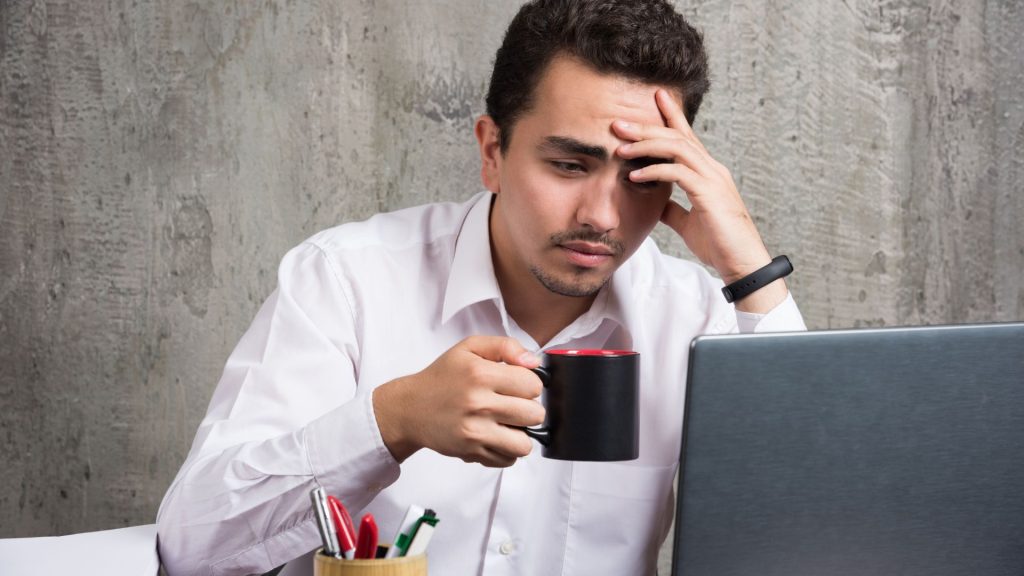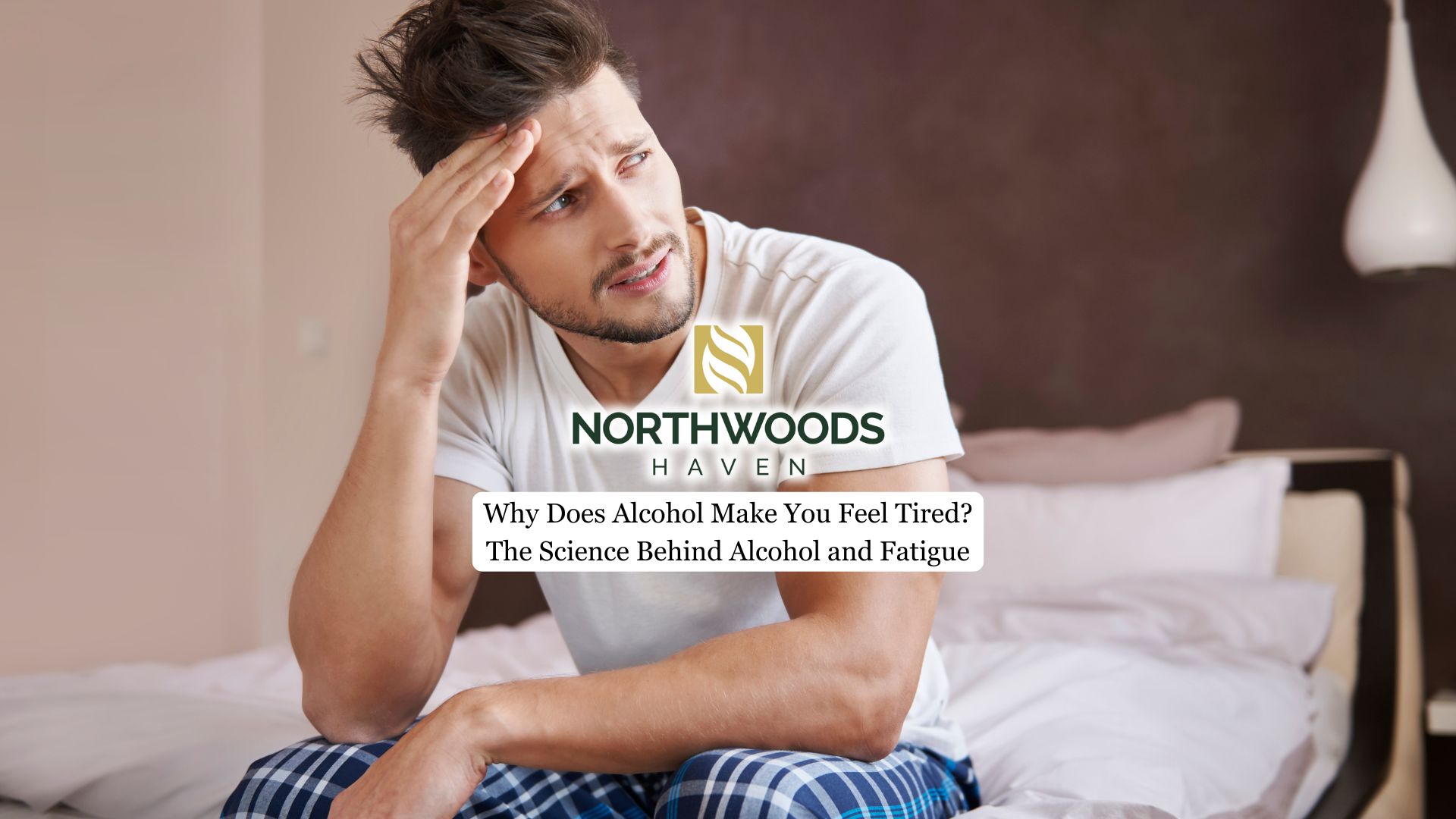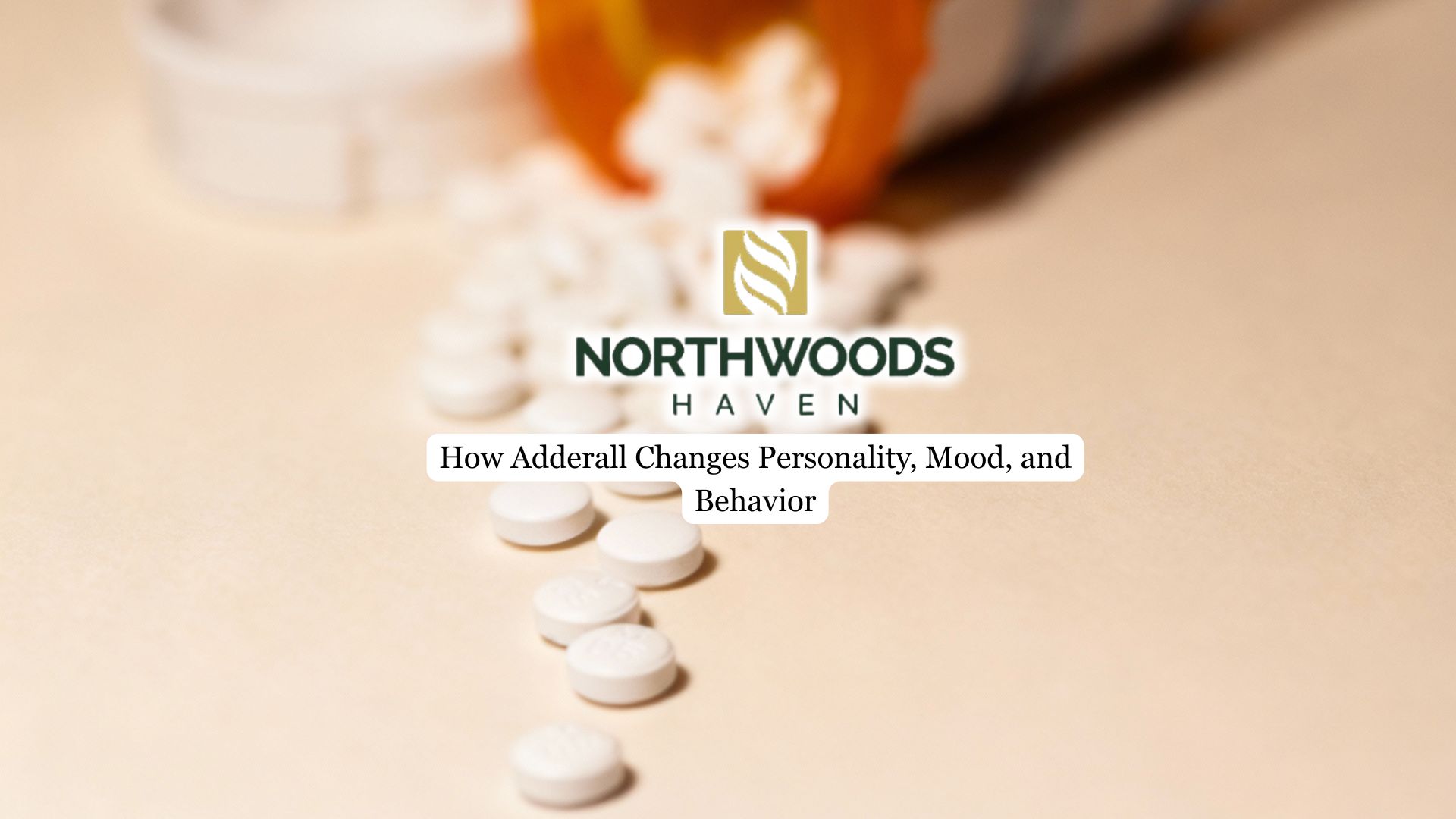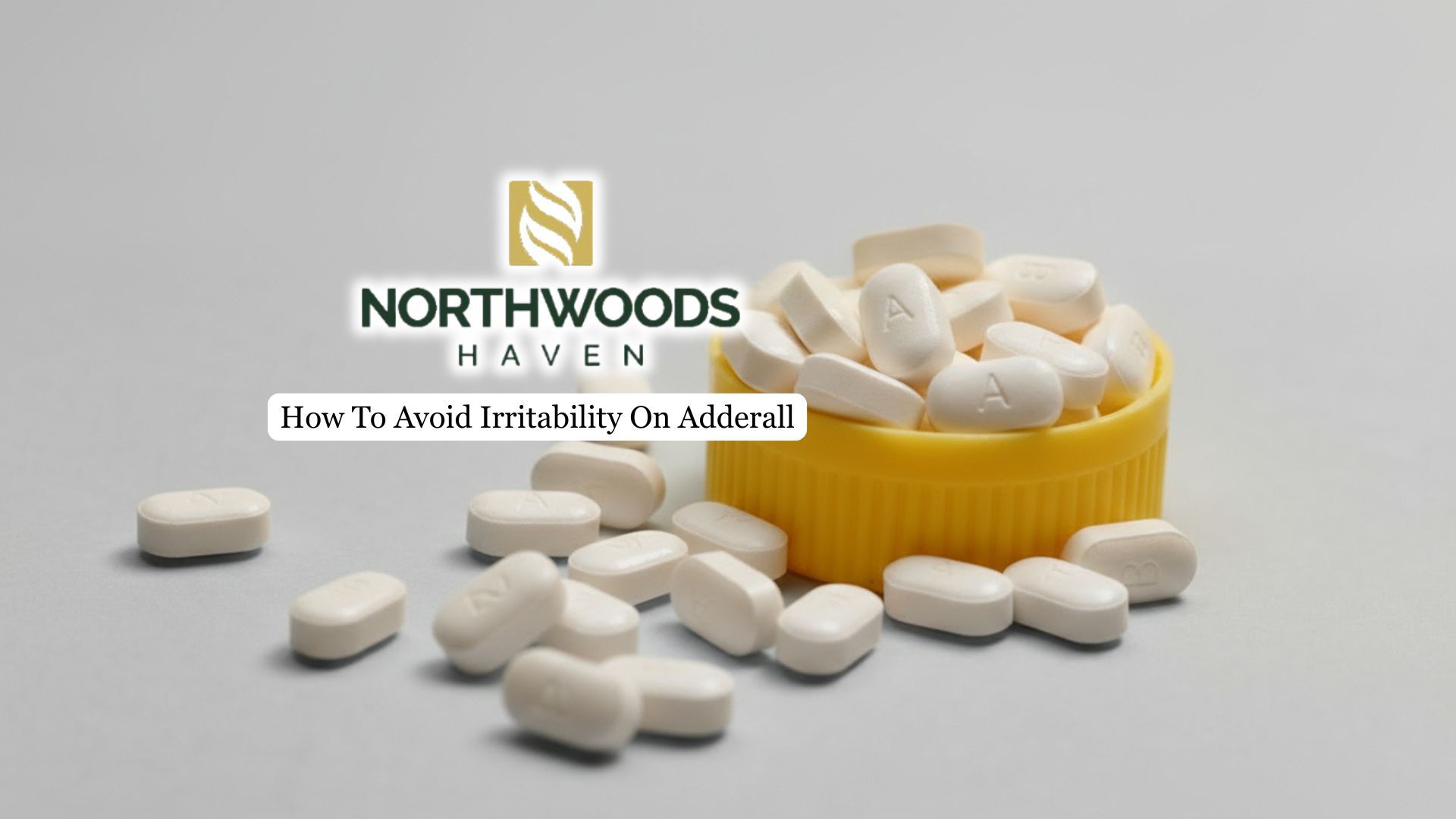Alcohol consumption often results in fatigue, whether it’s from a few drinks at dinner or a night of heavy drinking. While alcohol may initially promote relaxation or drowsiness, it disrupts your sleep cycle and often leaves you feeling drained the next day. This exhaustion stems from alcohol’s effects on the brain, sleep patterns, and overall bodily functions.
This article will explore how alcohol affects your energy levels, sleep quality, hydration, and overall well-being, and how treatment can help if alcohol-related fatigue is impacting your life.
How Alcohol Affects the Brain and Energy Levels
Alcohol acts as a depressant, slowing down the central nervous system. It increases the production of gamma-aminobutyric acid (GABA), a neurotransmitter that induces relaxation and drowsiness, while simultaneously suppressing glutamate, which keeps you alert. This dual effect explains why alcohol initially makes you feel calm or sleepy.
As your body metabolizes the alcohol, these effects fade, and your brain attempts to restore balance by boosting excitatory neurotransmitters. This overcompensation disrupts sleep quality and often results in grogginess and fatigue the following day.
Alcohol’s Impact on Sleep Quality
While alcohol may help you fall asleep quickly, it disrupts your natural sleep cycle, particularly rapid eye movement (REM) sleep—the critical stage for deep rest and mental recovery. Reduced REM sleep leaves you feeling unrefreshed, even after a full night’s sleep.
Additionally, alcohol can lead to frequent nighttime awakenings, dehydration, and increased trips to the bathroom, further contributing to morning fatigue. Over time, regular alcohol consumption can cause chronic sleep disturbances, making exhaustion a recurring problem.

Dehydration and Its Role in Alcohol-Induced Fatigue
Alcohol acts as a diuretic, increasing urine production and often causing dehydration. Dehydration lowers blood pressure, slows circulation, and forces your body to work harder to maintain normal functions, resulting in feelings of sluggishness and exhaustion.
Common signs of dehydration-related fatigue include dizziness, headaches, dry mouth, and muscle weakness. While drinking water alongside alcohol can reduce these effects, it cannot entirely prevent the fatigue that often follows.
Blood Sugar Fluctuations and Energy Crashes
Alcohol disrupts blood sugar levels by impairing the liver’s ability to produce glucose. This often causes a temporary spike in blood sugar, followed by a sharp drop, resulting in fatigue, irritability, and difficulty concentrating.
For individuals with conditions like diabetes or hypoglycemia, these fluctuations can be more severe, intensifying exhaustion and other related symptoms.
The Long-Term Effects of Alcohol on Fatigue and Energy
Chronic alcohol use can lead to persistent fatigue by depleting vital nutrients such as B vitamins, magnesium, and iron, which are essential for sustaining energy levels. It also disrupts hormone production, including cortisol and melatonin, further affecting sleep quality and energy regulation.
If fatigue becomes a recurring problem, it may indicate alcohol dependence or an underlying health condition that warrants professional evaluation and support.
When to Seek Help for Alcohol-Related Fatigue
While occasional fatigue after drinking is normal, consistent disruptions to sleep, energy, or daily functioning may signal the need to reevaluate your alcohol consumption. Persistent tiredness, trouble concentrating, or poor sleep could indicate a deeper impact on your health.
If you or someone you know relies on alcohol to relax but struggles with ongoing exhaustion, declining physical or mental health, or poor sleep quality, seeking professional support is recommended. A healthcare provider or addiction specialist can help identify the underlying issues and guide you toward restoring energy and improving overall well-being.
Final Thoughts from Northwoods Haven Recovery
If alcohol is affecting your energy, sleep, and overall well-being, professional support can help you regain control. Northwoods Haven offers personalized outpatient treatment designed to address both the physical and mental effects of alcohol use. Through individual counseling, group therapy, and tailored recovery plans, we help individuals overcome alcohol dependence and build a healthier future.



